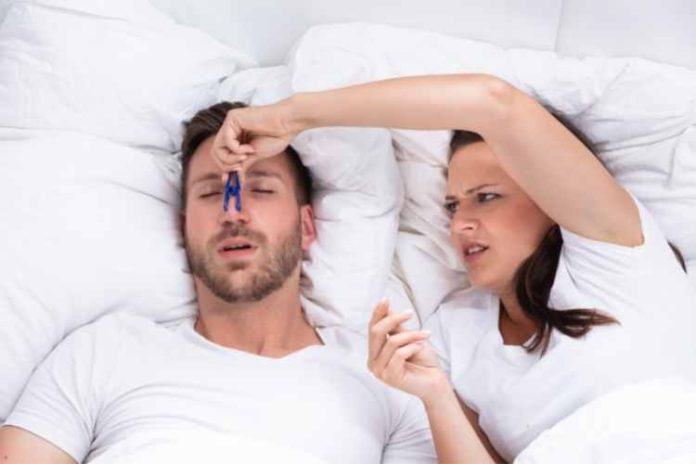A great number of people in America regularly snore when sleeping. Snoring can be an annoying distraction to your partner and others living in your home. Should home remedies like changing your sleeping pattern and position fail to work, you need to see skilled Newport Beach snoring expert, Alexis Furze, MD to get treated.
What causes snoring?
Snoring occurs when you produce a rattling sound from your nose or mouth when asleep, which is caused by a partial obstruction of air while breathing in. Several factors may contribute to the vibration of your upper airway tissues. They may include:
· Use of antidepressants
· Your age. A lot of middle-aged people experience snoring
· Consuming alcohol
· Obesity or being overweight
· Pregnancy
· Low levels of lipoprotein
· Your sleep position, more especially when lying on your back
· The structure of your nose and mouth which is determined by genetics
Aside from factors that may cause snoring, you might also be having underlying medical conditions, for example:
· Obstructive sleep apnea
· Anatomical problems in your nose, e.g., deviated septum
· A problem with soft tissues located at the back of your throat
The treatment process for snoring
There are many factors that could contribute to snoring. If you constantly snore and cause discomfort to people near you, it is essential to visit your health care specialist for medical attention. When consulting with Dr. Furze, he will review your medical history and conduct a physical test by:
· Evaluating your nasal and sinus area using an endoscope to look for structural problems
· Checking your throat for tonsils, palate and abnormal growths that would cause snoring
Your doctor will then suggest a treatment plan for you after he has established the origin of your snoring. For medical treatments, your doctor will use:
Continuous positive airway pressure
For this procedure, the doctor will give you a special face mask to wear during the night when sleeping to ensure continuous airflow inside your nostrils. This will keep your airways open and prevent breathing obstruction.
Surgery
If your snoring is severe, your doctor may recommend surgery. However, there are a few limitations that come along with a surgical process, including:
· The procedure may not completely resolve your snoring
· The surgical process may cause a lot of pain
· Your doctor may need to perform surgery again
· You might experience a change in your voice and nasal regurgitation
· There is a risk for an infection
· There may be an injury on your soft palate, mucus membranes or mouth
The surgical procedures your doctor might use for treatment include:
· Palate surgery involves your doctor removing loose tissue in your soft palate that inhibits breathing
· Somnoplasty. Your doctor will reduce tissue along your throat and in your upper airways
· Tonsillectomy involves the removal of tonsils or adenoids which cause snoring
· Removing extra tissue from your uvula, a procedure known as uvulopalatopharyngoplasty
After surgery, your doctor will recommend you eat soft foods to prevent bruising of your soft palate. He or she may also give you several sleep hygiene practices that include:
· Making your bed comfortable for sleeping
· Developing a regular sleeping pattern
· Avoiding caffeine and nicotine
· Avoiding heavy meals close to bedtime
· Exercise
With quality sleep being vital to rejuvenate your body, be sure to start your journey to better breathing by getting your snoring treated. Book a session with Alexis Furze, MD to get a solution for your snoring problem.


